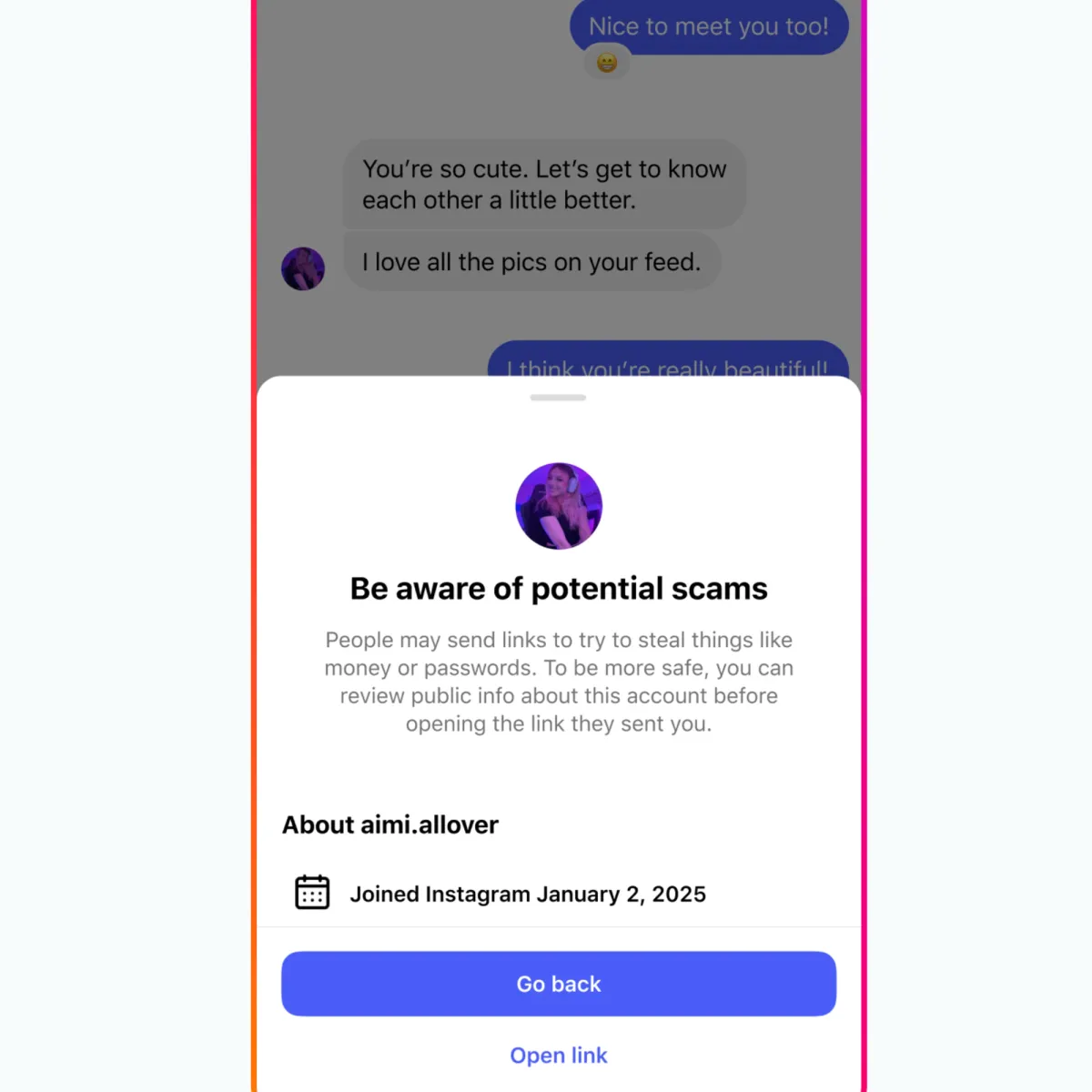
Meta announced comprehensive measures to combat romance scams across its platforms, releasing new data on February 12, 2025. The technology company has taken down more than 408,000 accounts engaged in romance scams during 2024, primarily originating from West African countries.
According to Meta's security team, the company identified and removed 116,000 Pages and accounts on Facebook and Instagram this year that were involved in romance scam activities. These accounts primarily operated from Nigeria, Ghana, Côte D'Ivoire, Benin, Kenya, and Cameroon.
The announcement detailed three main scam typologies identified through collaboration with open-source researchers at Graphika. The first involves military personnel impersonation targeting users across multiple platforms including Facebook, Instagram, Threads, TikTok, Pinterest, YouTube, and Quora. These scammers typically initiated contact through posts about "feeling lonely" and "looking for love," later moving conversations to messaging apps using Nigerian phone numbers.
The second typology involves celebrity impersonation targeting users in the United States, United Arab Emirates, Japan, and other countries across multiple social media platforms. According to Meta's investigation, these scammers posted celebrity photos in fan groups and comments sections, directing targets to messaging apps for financial requests through wire transfers, cryptocurrency exchanges, or gift cards.
The third identified pattern involves Kenya-linked fake dating agencies targeting users in Africa. These operations advertised fictitious opportunities to meet wealthy Western individuals, requesting fees for contact information of potential partners.
Meta has implemented new technical safeguards across its platforms. The company developed an automated system that identifies potentially malicious accounts through signal detection. When suspicious activity is detected, the system displays warning notices to users and applies restrictions to flagged accounts.
On Facebook Messenger, the company deployed Safety Notices that alert users when chat participants show suspicious activity patterns or appear to be operating from different countries than claimed. Similar warning systems are being tested on Instagram, with plans to expand to more users in coming months.
The company has also introduced facial recognition technology as an additional security layer. When detection systems or user reports flag potential imposter accounts, the system compares profile pictures against public figures' verified images on Facebook and Instagram. Matching images result in automatic account removal.
WhatsApp implemented a feature allowing users to silence calls from unknown contacts, creating an additional barrier against unsolicited contact attempts by potential scammers.
Meta's anti-scam efforts extend beyond its own platforms through participation in the Tech Against Scams Coalition. This initiative brings together technology companies, law enforcement agencies, and non-governmental organizations to share information about emerging scam patterns and coordinate responses.
The company has established partnerships with organizations across multiple regions. In Japan, Meta integrated in-app scam awareness tips directing users to its Anti-Scam information hub. Across Asia-Pacific regions including Singapore, Thailand, Indonesia, Korea, Taiwan, Hong Kong, and Australia, Meta collaborated with approximately 50 content creators to raise awareness about romance scams.
In Singapore, Meta partnered with Eyeyah!, the Singapore Police Force, National Crime Prevention Council, and Cybersecurity Agency of Singapore to produce an illustrated anti-scam guide. The publication has reached over 40,000 students through distribution to primary and secondary school art clubs.
Meta's announcement comes at a time when romance scams continue to evolve in sophistication and scale across digital platforms. The company indicated it will continue providing updates about its ongoing work to counter scams, including safety tips and product updates across its applications.

